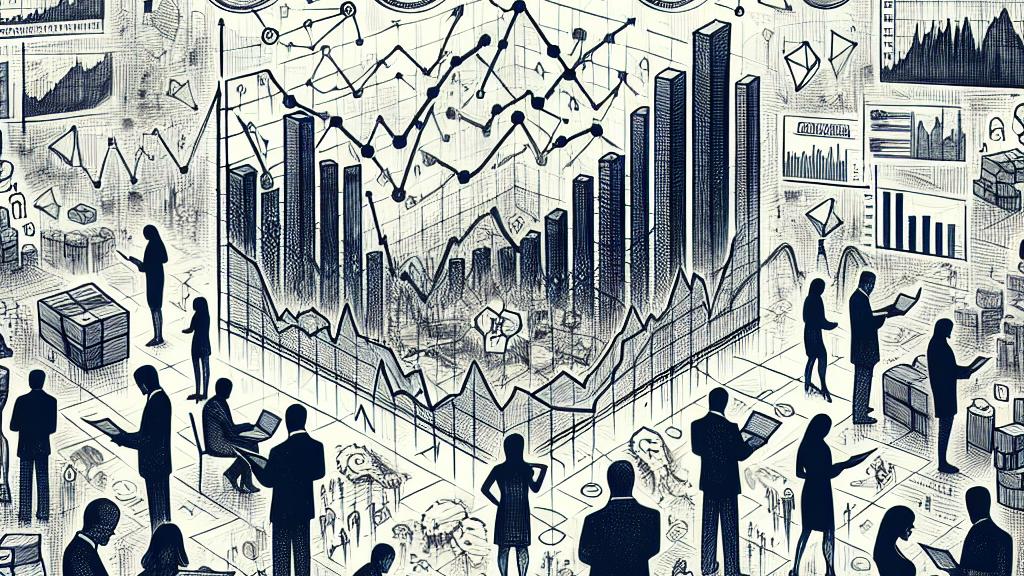The Future of Prediction Markets and Blockchain in Economics
Overview
- Prediction markets are revolutionizing forecasting, proving more accurate than traditional polls.
- Blockchain technology enhances transaction security and builds trust through transparency.
- These innovative markets have diverse applications that extend across various industries, including finance and disaster prediction.

Accuracy of Prediction Markets
In light of the recent presidential elections in the United States, the effectiveness of prediction markets like Polymarket has become a hot topic. Unlike conventional polls, which often hinge on subjective interpretations and opinions, prediction markets engage people’s financial stakes in outcomes. Michael Jones from the University of Cincinnati pointed out that Polymarket demonstrated a strikingly higher probability for Trump’s victory than many traditional polls suggested. As election day loomed closer, the market hinted at a more confident, profitable bet on Trump’s victory, long before the results were finalized. This showcases an intriguing reality: when individuals invest their own money, they delve deeper into the data—analyzing patterns, opinions, and emerging trends, which can lead to predictions that often resonate more accurately with real-world outcomes.
The Role of Blockchain
At the heart of the prediction market’s success is blockchain technology, a game-changer in digital transactions. Picture this: blockchain acts as an immutable ledger, where each entry is securely recorded and almost impossible to alter. According to experts from IBM, this form of technology not only bolsters security; it allows for comprehensive, real-time access to information among all market participants. Therefore, instead of relying solely on opinions, traders can draw on a wealth of shared data to make their decisions. This better resemblance to a ‘wisdom of the crowd’ scenario empowers participants, harnessing their insights collectively to create a sharper, clearer view of the market landscape. The trust established through blockchain accelerates the understanding that data can be both transparent and reliable.
Broad Applications Beyond Elections
The utility of prediction markets and blockchain stretches well beyond political forecasting, permeating various sectors and industries. For instance, corporations are increasingly embracing these technologies to not only gauge the potential success of new products but also to proactively address risks by predicting adverse events. Take the example of a tech company launching a new gadget; a prediction market could help distill honest feedback and market potential, presenting a more accurate business outlook than a typical internal survey would. Moreover, organizations like DARPA have explored prediction markets to anticipate major risks—such as geopolitical upheaval or economic downturns—effectively using synthesized data to navigate high-stakes decisions. As these technologies continue to evolve, they symbolize a burgeoning paradigm shift in how businesses leverage information to enhance strategic planning and empower informed choices.

Loading...